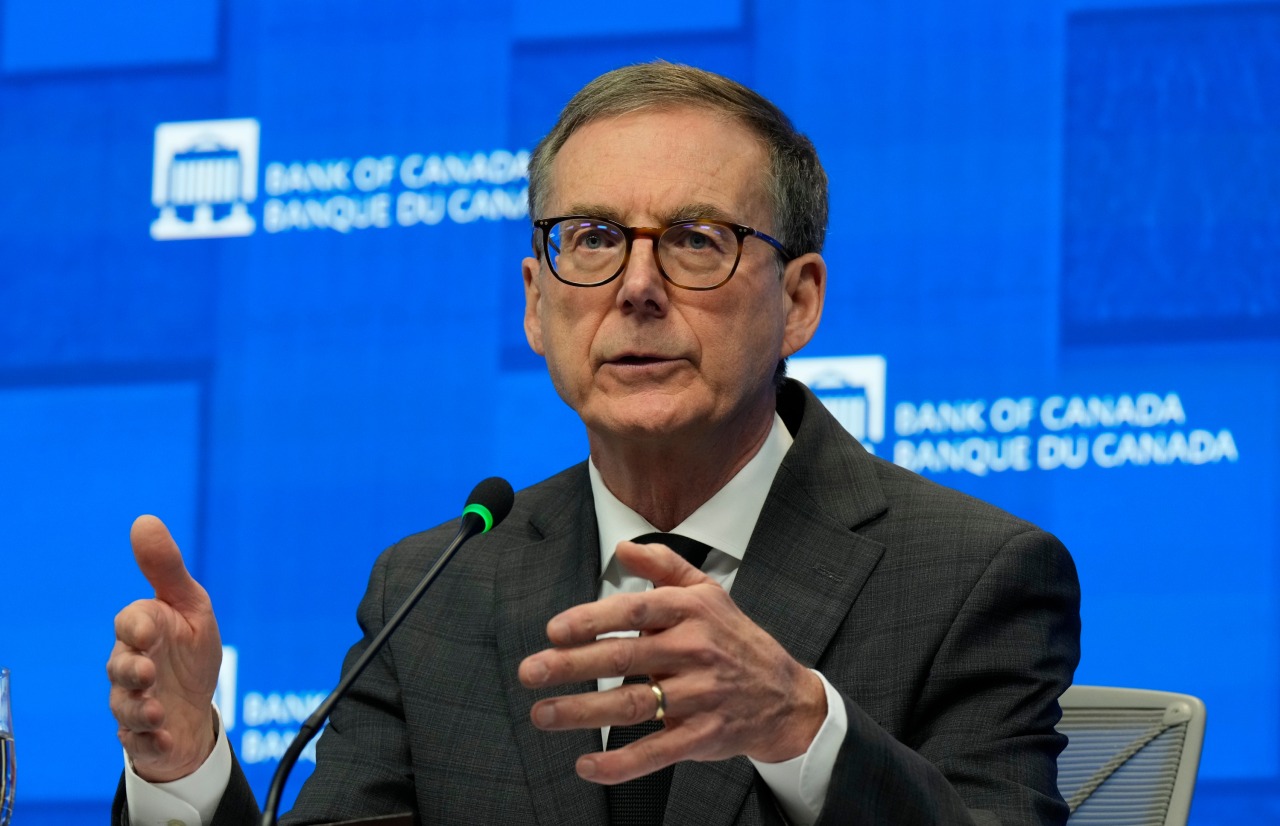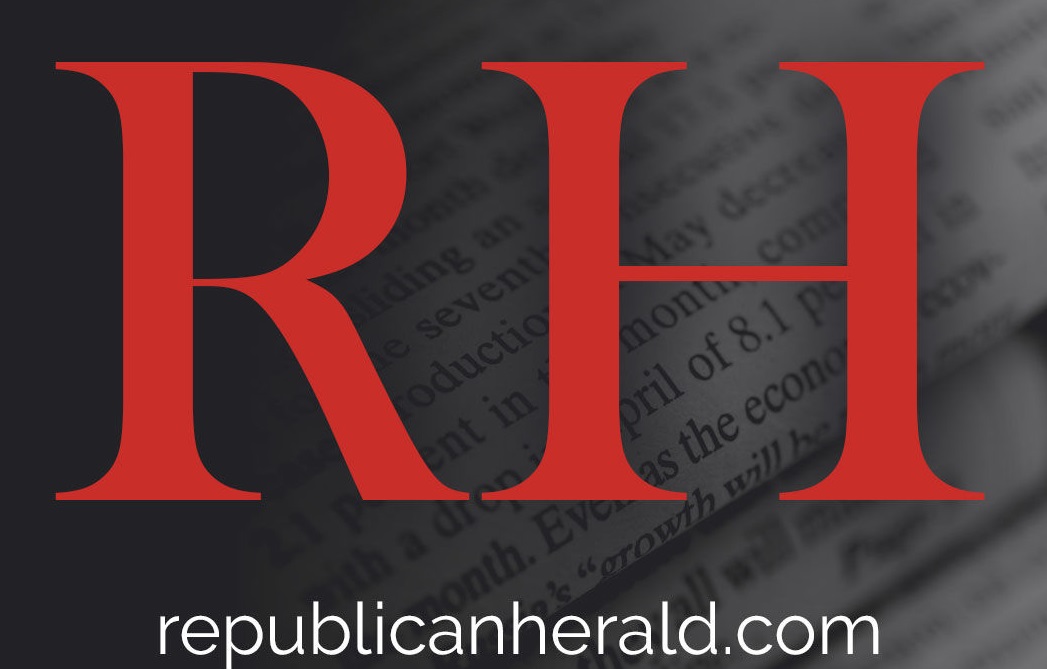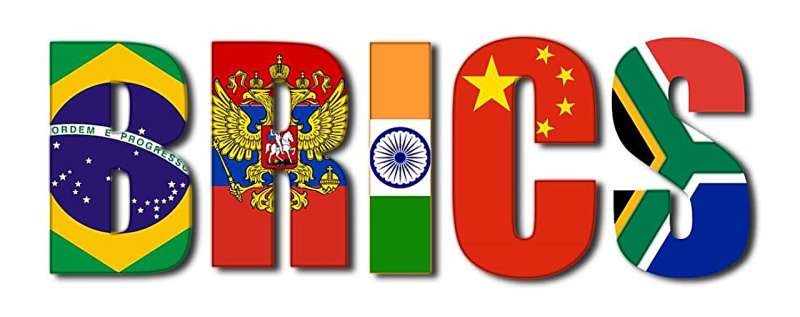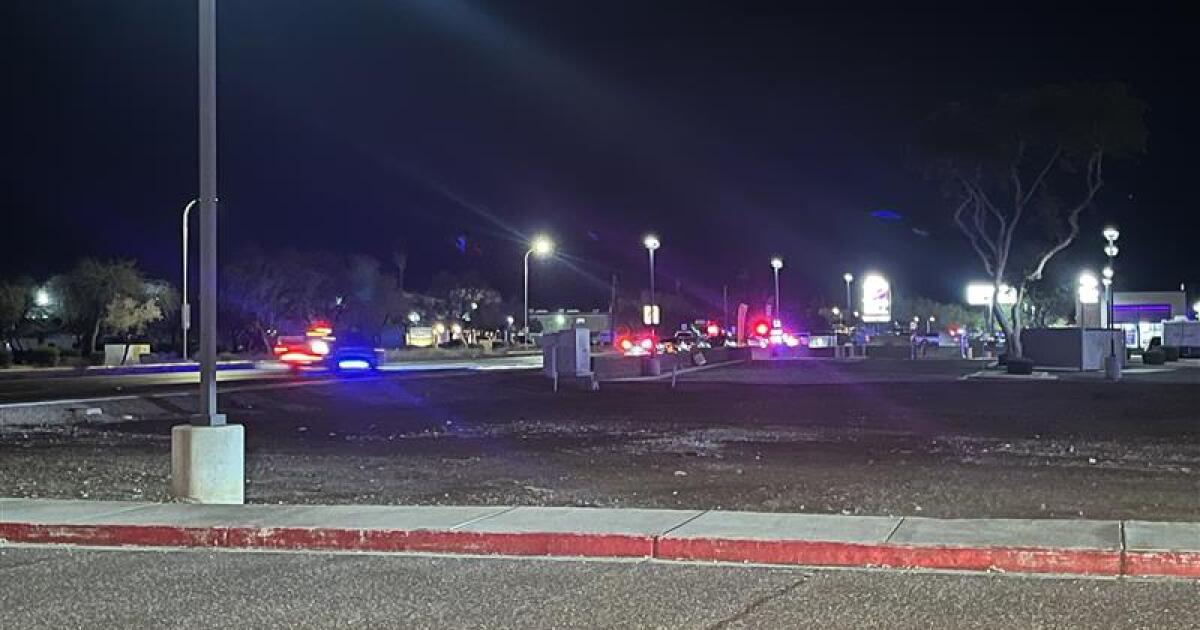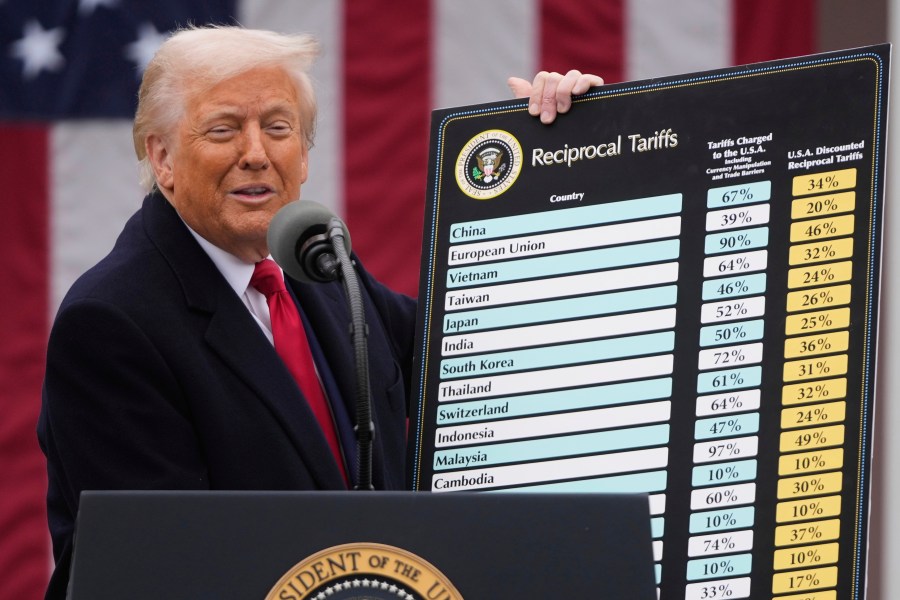
The United States Supreme Court is set to hear arguments regarding the legality of President Donald Trump‘s tariffs, which have been challenged in three lower courts. These courts ruled that Trump’s use of emergency powers to impose these tariffs was illegal. This case represents the first time the Supreme Court will provide a definitive ruling on a policy initiated by Trump, raising significant political and financial implications.
Trump has positioned tariffs as a cornerstone of his economic and foreign policy strategy. He has warned that a negative ruling from the Supreme Court would be a “disaster.” The stakes are particularly high, with estimates suggesting these tariffs could generate up to $3 trillion over the next decade.
Background of the Tariffs
Tariffs function as taxes on imports, which are typically paid by companies that bring in finished goods or components. These additional costs can ultimately be transferred to consumers, influencing prices across various markets. As of September 2023, the government reported collecting $195 billion in revenue from these tariffs.
According to the Constitution, Congress holds the authority to impose tariffs. Nevertheless, Trump has invoked the International Emergency Economic Powers Act of 1977 to justify his unilateral actions without congressional approval. In February 2023, he cited the illegal flow of immigrants and drugs across the U.S. border as a national emergency, leading to tariffs on Canada, Mexico, and China.
In April, Trump escalated this approach by imposing worldwide tariffs, claiming that the U.S. trade deficits constituted a national emergency. These actions sparked legal challenges from businesses and states, with courts in Washington and a specialized trade court ruling against Trump’s justification for these tariffs.
Legal Challenges and Implications
The courts found that Trump could not substantiate the tariffs under the emergency powers law, which does not explicitly mention tariffs. However, these rulings allowed the tariffs to remain in place while the legal battles unfolded. The major questions doctrine, a legal principle requiring Congress to provide clear guidance on significant economic issues, played a crucial role in these decisions. This doctrine has previously affected various Biden administration initiatives.
The legal arguments against Trump’s tariffs have drawn attention to writings by the three justices he appointed: Amy Coney Barrett, Neil Gorsuch, and Brett Kavanaugh. During previous cases, Barrett likened legislative clarity to a parent granting a babysitter permission for specific activities, emphasizing the need for explicit authorizations in significant policy matters.
In contrast, Kavanaugh has suggested that foreign policy and national security issues may not be subject to the same stringent limitations. A dissenting appellate judge also noted that Congress intentionally granted presidents more leeway in exercising emergency powers.
Additionally, some businesses involved in the lawsuits argue that Congress cannot constitutionally delegate its taxing powers to the president. This nondelegation principle has not been invoked in nearly a century since the Supreme Court invalidated certain New Deal legislation, though Gorsuch has previously indicated support for revisiting this principle.
Anticipation of a Swift Decision
The Supreme Court agreed to hear the case in September 2023, scheduling arguments in a notably quick timeframe. This expedited process suggests the court may issue a decision more rapidly than usual. High-profile cases can often take several months to resolve, but the court has demonstrated the ability to act swiftly when necessary. Recently, in a unanimous ruling regarding a law affecting the social media app TikTok, the court acted within a week of hearing arguments.
The outcome of this case will not only have profound implications for Trump’s administration but also for future presidential authority in economic policy. As the Supreme Court prepares to deliberate, all eyes will be on the justices’ interpretations of legislative powers and executive actions.
